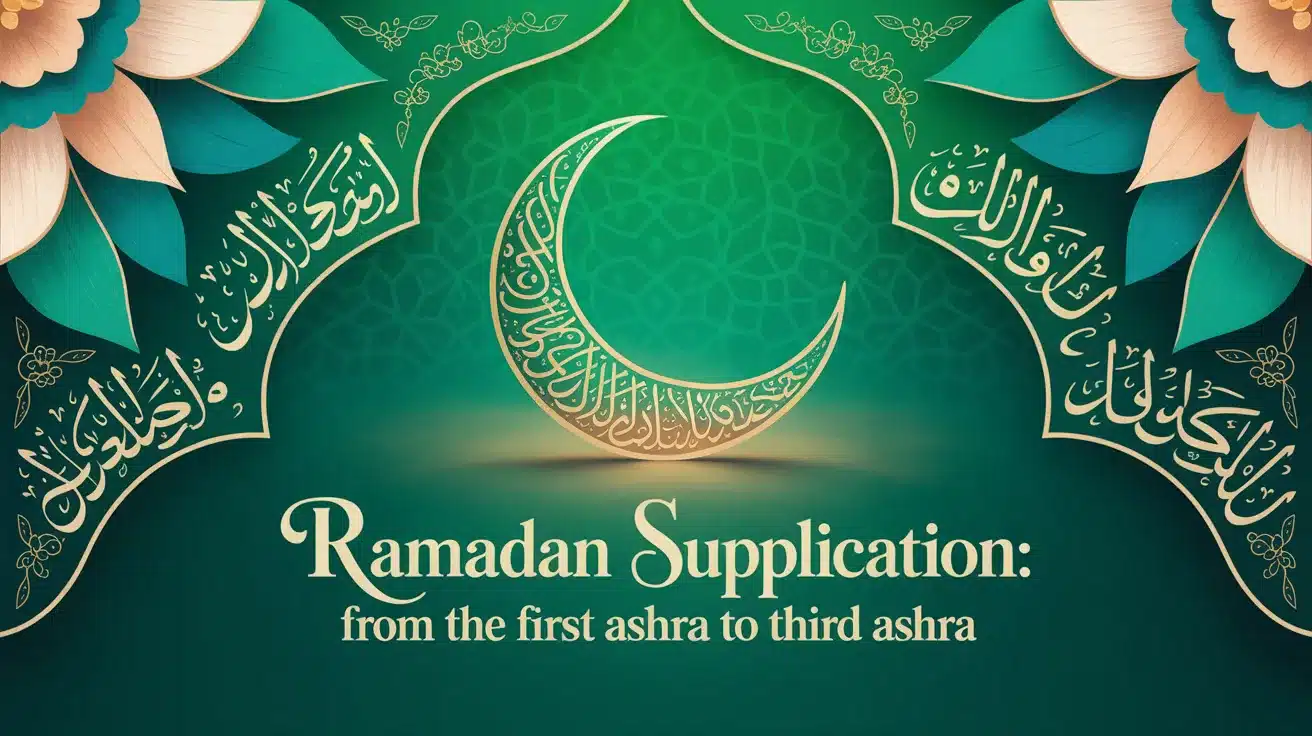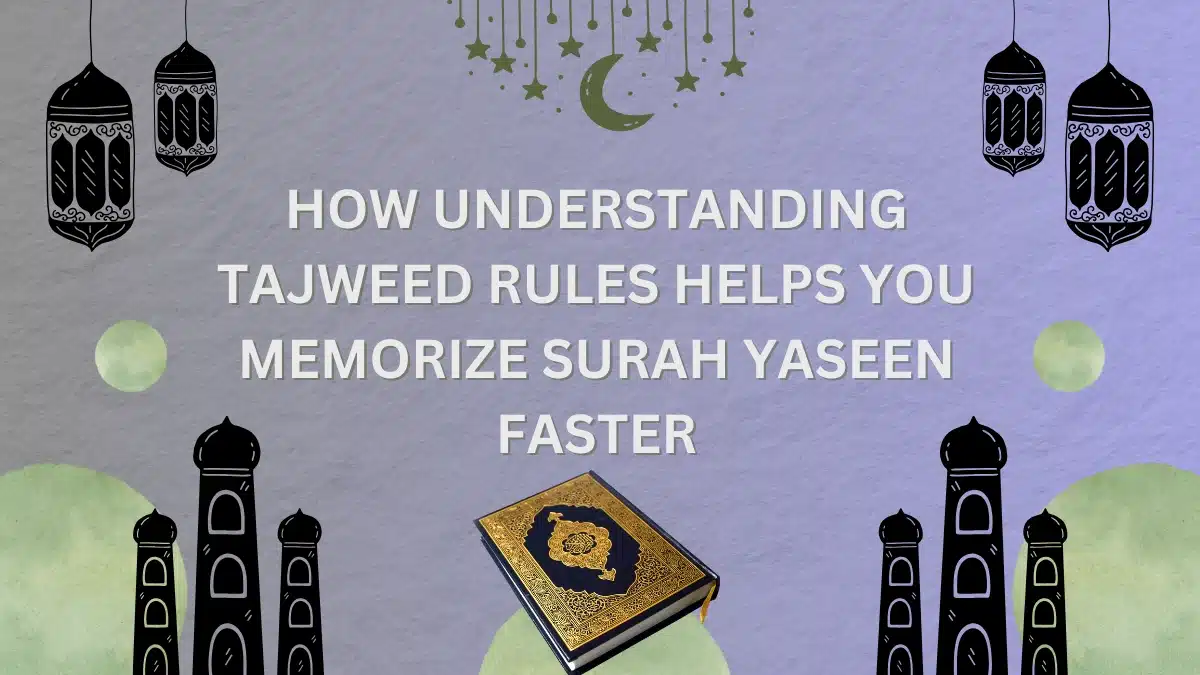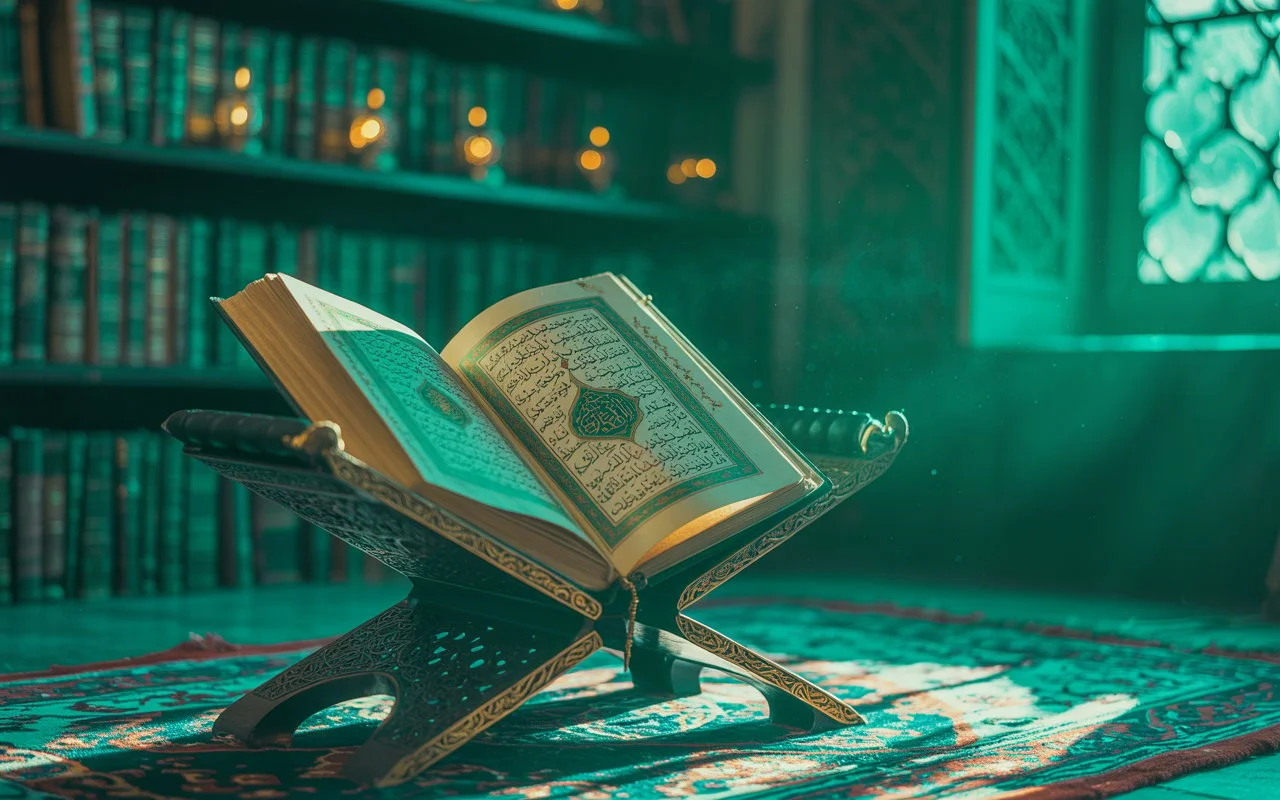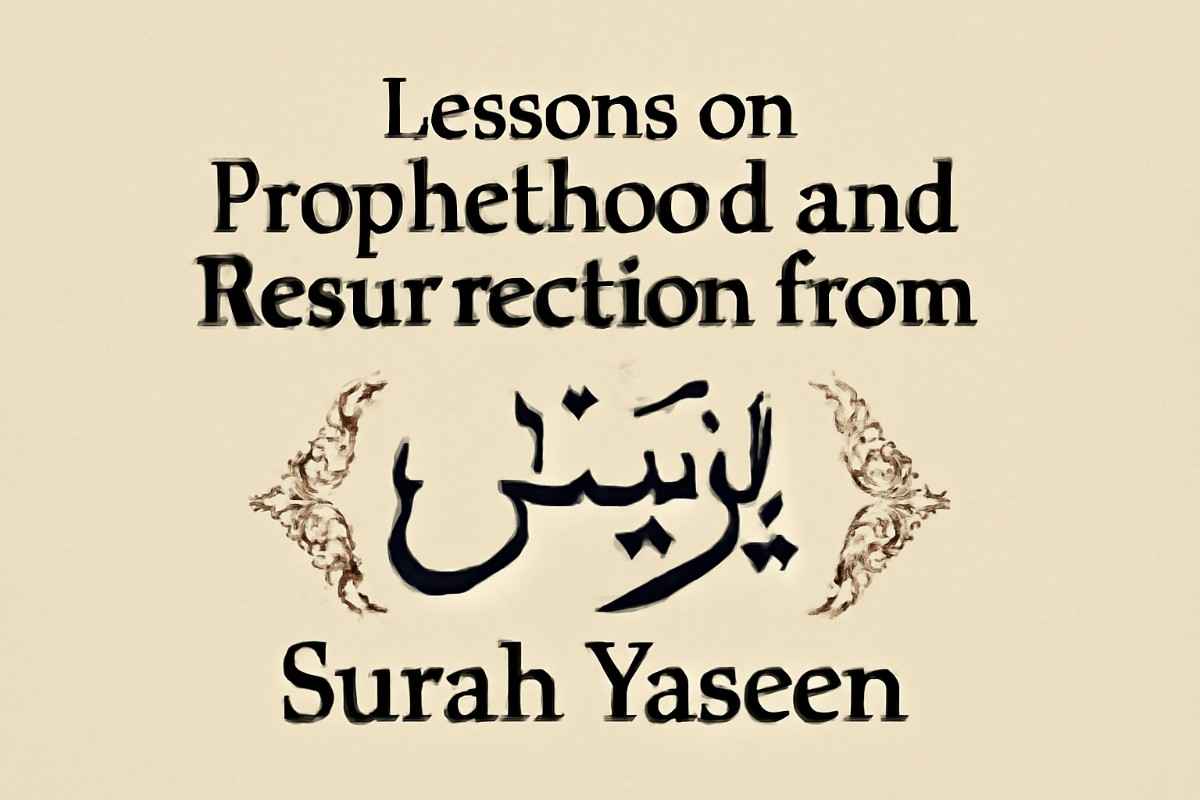Dreams in Islam are not just random images or experiences while sleeping; they hold meaning and significance. In dream in Islamic interpretation, these visions are often seen as a way Allah communicates with His servants.
Many Muslims study dreams and interpretation in Islam to understand the hidden messages behind them. Such insights, often referred to as dreams explained in Islam, can provide guidance, offer warnings, or even bring comfort.
Understanding the meaning of a dream in Islam helps believers distinguish between dreams that bring positive messages and those that might be from Shaytan or the subconscious mind.
Types of Dreams in Islam
Dreams can be categorized into three types: Rahmani (those from Allah), Nafsani (psychological, arising from within a person), and Shaytani (those from Shaytan). The Prophet (peace and blessings of Allah be upon him) said:
“Dreams are of three types: a dream from Allah, a dream that causes distress and comes from Shaytan, and a dream that reflects what a person thinks about while awake and sees during sleep.” (al-Bukhari, 6499; Muslim, 4200)
Good Dreams (Rahmani)
These are dreams that bring good news, comfort, or guidance. They are considered a blessing from Allah. True and good dreams are seen as a sign of Allah’s mercy and often carry positive messages. When exploring the meaning of a dream in Islam, these dreams are considered to be messages of divine inspiration.
They might serve as warnings to guide you towards making better choices or as a way to reinforce your faith. The Prophet Muhammad (peace be upon him) encouraged believers to share these kinds of dreams with loved ones, as they bring joy and blessings.
Additionally, seeking spiritual guidance, such as reading Surah Yaseen online, can help strengthen your understanding and connection to the faith.
Psychological (Nafsani)
Nafsani dreams arise from a person’s own thoughts, emotions, and psychological state. They reflect daily experiences, desires, and anxieties, with no spiritual significance. These dreams are the mind’s way of processing emotions and subconscious concerns.
Bad Dreams (Shaytani)
Bad dreams, also known as nightmares, are believed to come from Shaytan (the devil). They often cause fear, distress, or confusion. These dreams are considered harmful and are not to be shared with others.
Instead, Islam teaches us how to deal with them. If you experience a bad dream, you should seek refuge in Allah by saying specific prayers, spit three times to the left (dryly), and turn to your other side.
It’s also recommended to offer a prayer to seek protection from the evil influences of Shaytan. Understanding the meaning of a dream in Islam is important to help differentiate between these harmful dreams and those that might carry positive or divine messages.
| Dream Topic | Islamic Meaning |
|---|---|
| Spiritual meaning of pooping in a dream in Islam | Symbolizes relief from worries, repayment of debt, or removal of burdens. |
| Spiritual meaning of seeing blood in a dream in Islam | Can signify forbidden wealth, sin, or harm; may also reflect emotional wounds. |
| Biblical meaning of avocado in a dream in Islam | Not directly mentioned; generally fruits in dreams may symbolize blessings or provision. |
| Islamic meaning of being pregnant in a dream | Represents abundance, new responsibilities, or spiritual and worldly growth. |
| Islamic meaning of urinating in a dream | Can symbolize releasing stress, paying debts, or sometimes wasting wealth. |
| Spiritual meaning of teeth in a dream in Islam | Teeth often represent family members; changes may mean changes in family relations. |
| Islamic meaning of feces in a dream | Indicates release of burdens, end of problems, or gain after hardship. |
| Islamic meaning of giving birth in a dream | Symbolizes new beginnings, relief from troubles, or fulfillment of a goal. |
| Islamic meaning of seeing a snake in your dream | Represents an enemy, deceit, or hidden danger; can also indicate wisdom if tamed. |
| Meaning of dreams in Islam A-Z | A full reference guide to various dream symbols in Islamic interpretation. |
| Meaning of seeing a snake in your dream in Islam | Same as above: enemy, danger, deceit. |
| Meaning of someone dying in a dream Islam | Often indicates a long life for the person, or a major change in their life. |
| Seeing a lot of money in dream Islamic meaning | Can symbolize blessings, responsibilities, or sometimes trials. |
| Spiritual meaning of seeing my sister-in-law in a dream Islam | Represents family ties, shared responsibilities, or emotional connections. |
| What is the meaning of dreaming a snake in Islam | Same as snake symbolism: enemy, danger, deceit. |
| Biblical meaning of walking barefoot in a dream Islam | Can symbolize humility, loss, or spiritual journey. |
| Death of a friend in dream Islamic meaning | Indicates a change in friendship or long life for the friend. |
| Dream meaning of seeing a plane crash in Islam | Can symbolize failure of plans, fear of loss, or need for caution. |
| Dream of buying a house meaning in Islam | Represents stability, security, or starting a new chapter in life. |
| Dreaming of a dead person being alive meaning in Islam | May indicate unresolved feelings, prayers needed, or a message from the unseen. |
| Dreaming of a dead person dying again meaning in Islam | Symbolizes relief from a burden or completion of unfinished matters. |
| In Islam what does a dream of finding money mean | Can indicate gain, responsibility, or blessings mixed with tests. |
| Islamic dream meaning of pearls in a jewelry box | Represents knowledge, piety, or precious blessings. |
| Islamic meaning of a child death in a dream | Can symbolize loss of innocence, end of worries, or change in life stage. |
| Islamic meaning of being shot in a dream | Represents betrayal, harm from others, or emotional hurt. |
| Islamic meaning of breastfeeding a baby boy in a dream | Indicates nurturing responsibilities, provision, and blessings. |
| Islamic meaning of breastfeeding a baby in a dream | Same as above but general — care, provision, and support. |
| Islamic meaning of getting married in a dream | Symbolizes unity, blessings, or new responsibilities. |
| Islamic meaning of getting shot in a dream | Same as earlier: harm, betrayal, emotional pain. |
| Islamic meaning of having a baby boy in a dream | Sign of blessings, responsibilities, or a bright future. |
| Islamic meaning of lion in a dream | Represents power, authority, or a strong enemy. |
| Islamic meaning of losing a tooth in a dream | Indicates loss, change in family, or passing of a relative. |
| Islamic meaning of pregnancy in a dream | Same as earlier: abundance, growth, or responsibility. |
| Islamic meaning of rats in a dream | Represents deceitful people, thieves, or hidden harm. |
| Islamic meaning of seeing a black cat in your dream | Can symbolize jealousy, deception, or bad luck. |
| Islamic meaning of seeing a lion in your dream | Same as lion meaning: power, enemy, or authority. |
| Islamic meaning of seeing a snake in dream | Same as earlier: enemy, danger, deceit. |
| Islamic meaning of seeing a tiger in a dream | Symbolizes courage, power, or a fierce enemy. |
| Islamic meaning of seeing flying in a dream | Represents ambition, spiritual growth, or freedom from constraints. |
| Islamic meaning of seeing yourself pregnant in a dream | Same as pregnancy meaning: blessings, responsibilities, growth. |
| Islamic meaning of teeth falling out in a dream | Indicates loss, debt, or changes in family structure. |
| Meaning of being pregnant in a dream in Islamic | Same as above: blessings, responsibility, growth. |
| Meaning of crying in a dream Islamic | Can indicate relief, answered prayers, or deep emotional release. |
| Meaning of death in a dream in Islamic | Often symbolizes change, renewal, or long life. |
| Meaning of dreams in Islam A-Z PDF | Reference material for dream meanings. |
| Meaning of having sex in a dream in Islam | Can indicate desires, unity, or personal thoughts; must align with halal limits. |
| Meaning of losing teeth in a dream in Islam | Same as earlier: loss, family change, debt. |
| Meaning of seeing a dead person in dream in Islam | May mean they need prayers, or reflect the dreamer’s emotions about them. |
| Meaning of seeing a peacock in dream in Islam | Symbolizes beauty, pride, or wealth. |
| Meaning of seeing a snake in dream Islam | Same as snake meaning: enemy, danger. |
| Spiritual meaning of drinking alcohol in a dream Islam | Represents engaging in sinful acts or straying from faith. |
| Spiritual meaning of getting married in a dream in Islam | Same as marriage meaning: unity, blessings, responsibility. |
| What does dreaming of a baby mean in Islam | Represents innocence, new beginnings, or responsibilities. |
| What does dreaming of a dog mean in Islam | Dogs can represent loyalty, protection, or an enemy depending on context. |
Dreams from the Subconscious Mind
These dreams are neither from Allah nor Shaytan but are a reflection of your own thoughts and experiences. They are often influenced by what you think about during the day or emotions you’re feeling.
For example, if you’ve been thinking about a particular person or event, your mind may replay these thoughts in your dreams. These types of dreams don’t carry any spiritual meaning and are simply your mind processing daily experiences.
While exploring the meaning of a dream in Islam, these dreams are often seen as neutral and do not require much attention.
The Significance of Dreams in Islam
In Islam, dreams are considered a form of communication. True dreams are believed to be from Allah, offering guidance, warnings, or glad tidings.
The Prophet Muhammad (peace be upon him) said that good dreams are one of the forty-six parts of prophethood, which means they can sometimes provide messages similar to the way the Prophets received guidance.
Dreams as a Source of Divine Guidance
Good dreams can serve as a source of divine inspiration. They might be a reminder to stay on the right path, warn you about something you may be neglecting, or offer hope and encouragement. When you are living a life of righteousness, your dreams are more likely to carry meaningful messages from Allah.
Understanding the meaning of a dream in Islam helps you see these dreams as divine messages that provide direction and clarity.
Prophetic Dreams and Their Meaning
In Islam, the dreams of the Prophets are considered a direct form of revelation from Allah. These dreams are not just symbolic but are a clear message from God, guiding the Prophet and the people.
While we are not Prophets, many Muslims believe that dreams can still hold a special significance and can be prophetic in nature, especially if they come with a sense of clarity and truth. Thus, exploring the meaning of a dream in Islam can help determine whether the dream is from Allah or simply a result of one’s own thoughts.
How to Interpret Dreams in Islam
Dream interpretation in Islam is not a casual practice; it requires knowledge, wisdom, and guidance from trusted sources. It’s important to seek help from scholars or knowledgeable individuals to interpret dreams correctly.
The interpretation of a dream should be based on the teachings of the Quran, the Sunnah (the actions and sayings of the Prophet Muhammad), and Islamic wisdom.
Interpreting Dreams Based on the Quran
The Quran contains stories and references to dreams, such as the dream of Prophet Yusuf (Joseph), which was divinely inspired.
Dreams mentioned in the Quran provide insight into how dreams can be messages from Allah. When interpreting dreams, scholars often look for connections to the teachings and messages of the Quran.
Using the Sunnah for Dream Interpretation
The Sunnah provides further guidance on how to live your life, and this extends to understanding dreams. The actions and sayings of the Prophet Muhammad (peace be upon him) serve as a model for how to interpret and act upon dreams.
For example, if you have a good dream, you should thank Allah and share it with your loved ones. If it’s a bad dream, you should seek refuge in Allah and not tell others about it.
Symbolism in Dreams
Islamic dream interpretation often involves understanding symbols within a dream. Certain symbols may represent deeper meanings, and scholars have developed methods to interpret these symbols. For example, if you see something related to water, it might symbolize knowledge or purity.
If you dream of a snake, it might represent an enemy or temptation. These interpretations are based on Islamic teachings and proverbs that help believers understand the symbolic nature of their dreams.
Warning Dreams in Islam
Sometimes, dreams serve as a warning from Allah. If you dream of something troubling, like falling into a pit, experiencing distress, or witnessing an event that could cause harm, it might be a sign to take action.
These dreams are not from Shaytan but come from Allah’s mercy to warn you or others about an impending situation. If you receive such a warning in a dream, it’s advised to take it seriously, seek guidance, and act with caution.
For example, if you dream about being in a dangerous situation, you might be prompted to take preventive steps in real life. While not every warning dream will come true, it’s important to approach them with mindfulness and reflection.
Recognizing the meaning of a dream in Islam allows you to distinguish a warning dream from other types of dreams.
What to Do After Having a Good Dream
Good dreams are considered a blessing. After experiencing a positive dream, it’s important to praise Allah for the gift. You should also share the dream with people you love, as it may bring blessings to them as well.
However, it’s advised not to share it with people who might feel jealousy or act with ill intentions.
How to Deal with Bad Dreams in Islam
If you experience a bad dream, follow the guidance provided by the Prophet Muhammad (peace be upon him). Seek refuge in Allah by saying the proper supplications, spit dryly three times to your left, and turn to your other side.
It’s also encouraged to pray two Rak’ahs (units of prayer) for protection. Most importantly, avoid talking about the bad dream, as it’s considered a means of preserving peace and avoiding unnecessary distress.
Dreams and the Character of the Dreamer
In Islam, the character of the dreamer plays a role in the significance of their dreams. If you are living a righteous and honest life, your dreams are more likely to be truthful and meaningful.
A person who is truthful in their words and actions is more likely to have dreams that reflect guidance from Allah. On the other hand, if a person is living in sin or deceit, their dreams may not carry the same level of truth.
Common Misconceptions About Dreams in Islam
There are several misconceptions about dreams, such as believing that all dreams are divine messages or that every bad dream carries significant meaning. It’s important to approach dream interpretation with caution and seek knowledge from trusted scholars.
Not every dream has a deep meaning, and it’s important to distinguish between dreams that are simply reflections of daily life and those that may come from Allah or Shaytan.
Are dreams a warning from Allah?
Yes, some dreams can be a warning from Allah, guiding you towards better choices or spiritual growth.
How to know if a dream is from Shaytan?
Dreams that induce fear, confusion, or negative emotions are often believed to be from Shaytan.
Do dreams have signs in Islam?
Yes, dreams can have signs or messages in Islam, with some being symbolic of guidance or warnings.
What does it mean when you dream about someone in Islam?
Dreaming about someone in Islam may reflect your thoughts or emotions toward them, or it could carry spiritual significance related to your relationship or interactions.
Conclusion
Dreams in Islam are meaningful, and they are seen as a way for believers to receive guidance, blessings, or warnings. While not every dream holds deep spiritual significance, it’s important to approach them with care and seek proper interpretation when necessary.
By living a life of righteousness and following the guidance of the Prophet Muhammad (peace be upon him), we can better understand and benefit from our dreams. Understanding the meaning of a dream in Islam helps believers connect with Allah and seek divine wisdom through their dreams.








